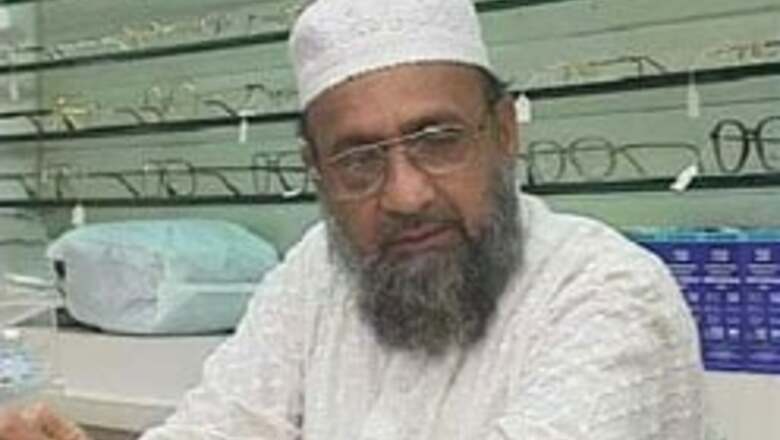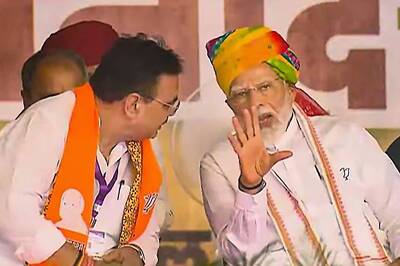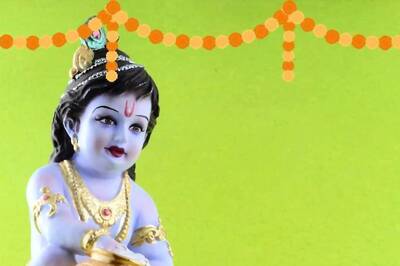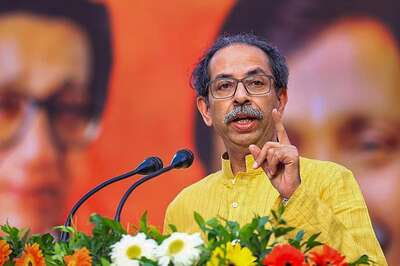
views
Mumbai: Ibrahim Tai has been running an optical store at South Mumbai's Mohammad Ali Road for the last 23 years. Having lived through the tense environment post-1993 blasts, he feels that people's mindsets have changed since those days.
"I was travelling in the train from VT to Andheri the other day and I was in this same attire. But no one glanced suspiciously at me. I feel times have changed and people have realised that these blasts are the handiwork of outsiders and not the local Muslim community," Ibrahim Tai says.
The 1993 blasts in Mumbai were the most destructive and coordinated terrorist attacks that India had ever seen. Over 200 people died and 1,000 others were injured. In the 7/11 blasts too, 200 people died in Mumbai. But the mood seems to have changed dramatically.
The 1993 blasts were retaliatory, coming in the heels of the riots. The context was communal polarisation. But this time, the Muslim community says people's perceptions have changed and they are not afraid. Communal feelings are not running as high any more.
After the 1993 bomb blasts, the entire minority community had come under the scanner. But community leaders feel that trust-building measures taken over the years have changed the average Mumbaikar's attitude towards the Muslim community. And people's approach to the minority community is now quite mature.
In times when communal flare-ups are just a matter of one mistake, such feelings among the community make one believe that this time around, terrorists are not being viewed as a particular community.
"There is a huge difference. It's the politicians who try to incite gullible emotions. But this time, everybody has shown restraint," Maulana Khalil-ul-Rehmaan, General Secretary of Muslim Clerics' Association of Mumbai, observes.




















Comments
0 comment